Her Story: Chaldean Women Making History
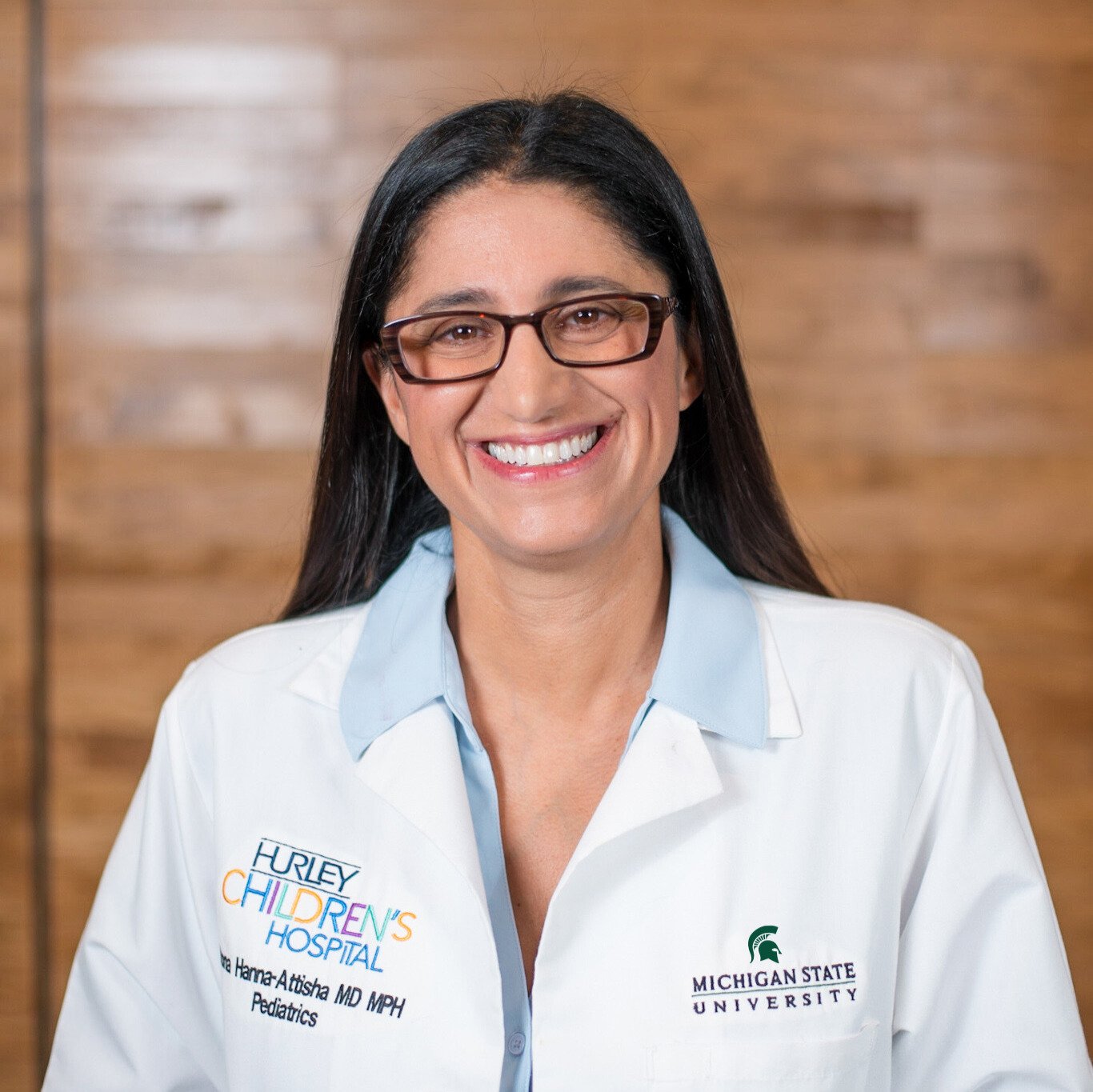
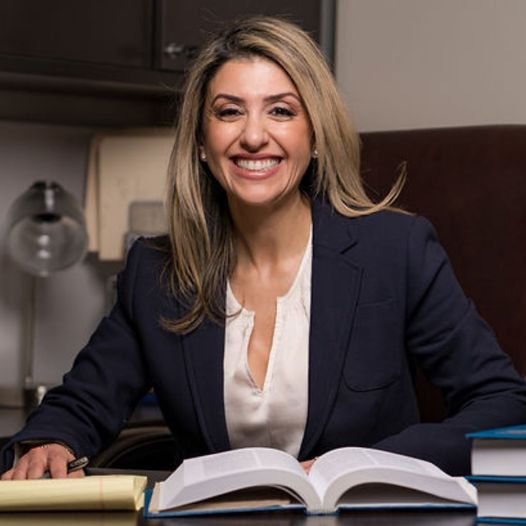
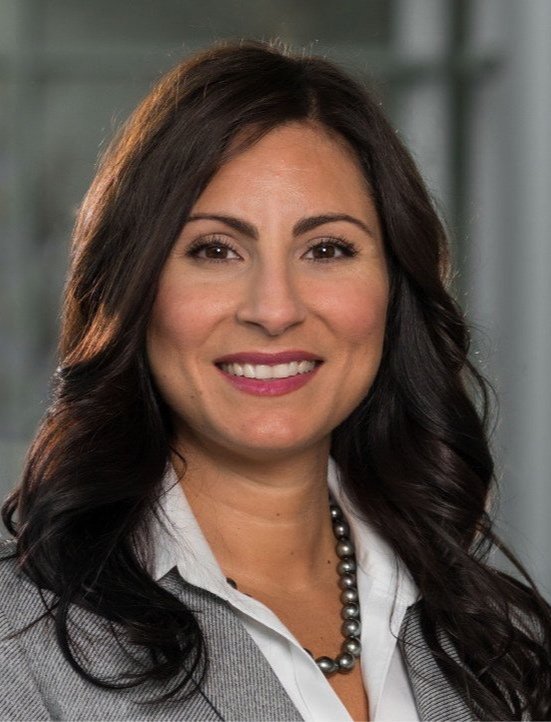
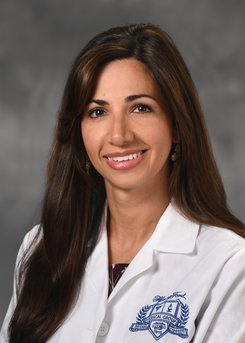
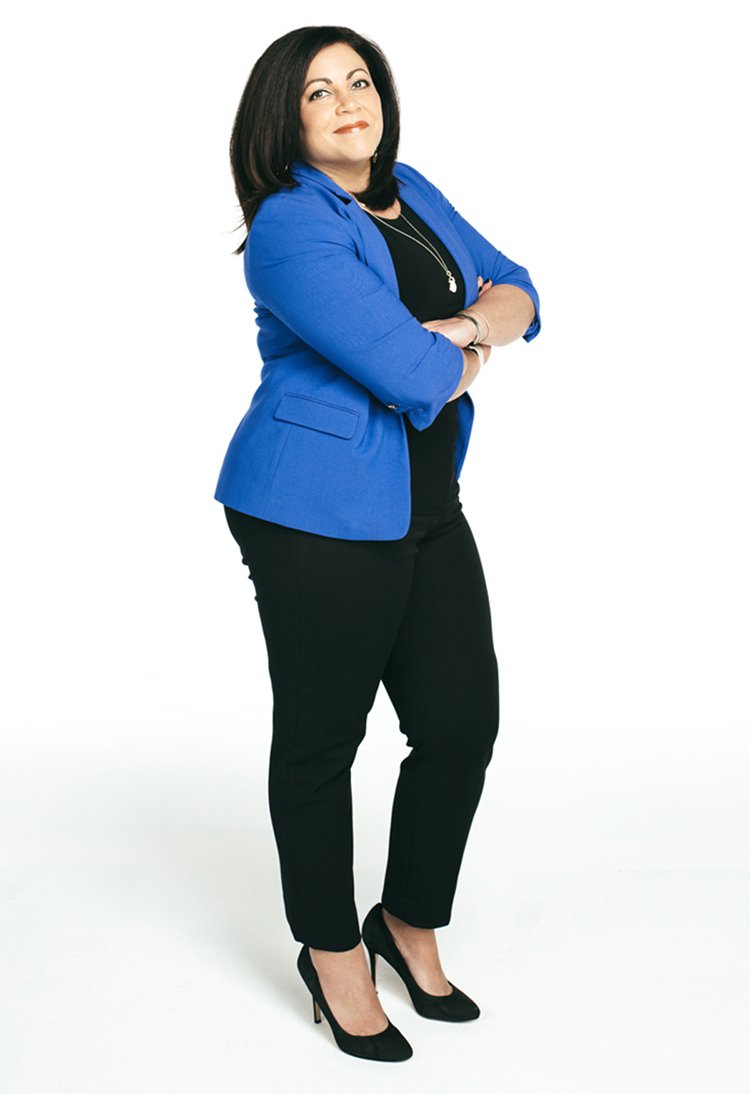
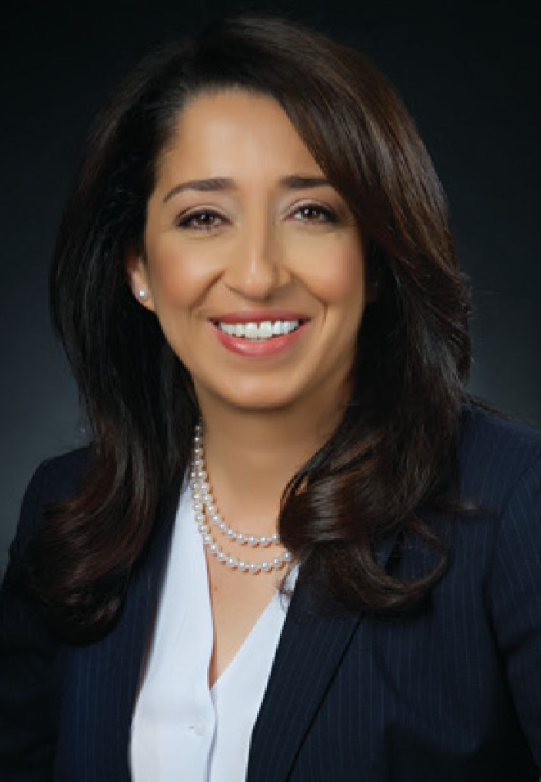
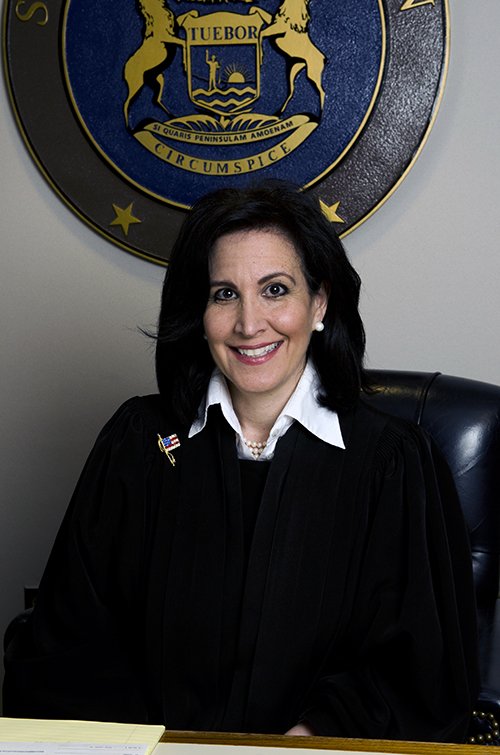
By Sarah Kittle
In the tapestry of history, the contributions of remarkable women often remain woven in the shadows, their stories hidden beneath layers of time, patterns, and societal norms. Yet, within the rich and vibrant cultural heritage of the Chaldean community, a garment of strength, resilience, and empowerment emerges; one adorned with the narratives of extraordinary women who have defied expectations and altered the weave.
Standing on her shoulders
“I’m waiting for the day when we don’t use the word ‘first’ when talking about Chaldean women,” said Honorable Hala Jarbou, the first Chaldean judge to sit on the federal bench. “I want to hear, ‘Here’s another Chaldean judge, or here’s another Chaldean fill-in-the-blank’.”
Jarbou recalled being one of only three Chaldean students in her class in law school and is gratified now to hear friends and family talk about their kids (or their cousins) who are attending or have attended law school and medical school. “It’s amazing how far we’ve come,” she said.
Jarbou followed Jane Shallal to the US Attorney’s Office and Diane D’Agostini to the bench. “We stand on their shoulders,” Jarbou remarked, including her mother and female relatives and all the Chaldean women who came before. “They know the word ‘sacrifice’ very well.”
“Most of our mothers did not have a fraction of the opportunities that we have had, yet their wisdom, faith and strength permeate in their daughters,” said Honorable Judge Diane (Dickow) D’Agostini, the first elected Chaldean judge in the US. “When I graduated high school, people actually questioned my mom about why she would allow us to go to college, as it was rare in the ‘80s for Chaldean girls.”
I imagine her mother’s response, at least internally, went something like, “Try to stop her!”
“Those moments stay with me,” added D’Agostini.
“Being an immigrant made me more driven,” said Jaclyn (Lossia) McQuaid, a by-any-definition highly successful automobile engineer who heads up GM in Europe. “When you have no established network, you have to make things happen yourself.”
Her primary goal, she revealed in an interview a few years ago, is to show all young people, regardless of gender, ethnicity, social class, or physical ability, that they can take their passion and make a career out of it. As a young girl, McQuaid dreamt of designing roller coasters; she ended up being involved in automobile design at a pivotal time in the history of the industry.
Dr. Mona Hanna-Attisha is a pediatrician, professor and public health advocate who gained widespread recognition for her role in exposing the Flint water crisis.
In “An Open Letter to Fellow Chaldeans,” composed in fall of 2020, Dr. Attisha wrote, “With all the hateful stereotypes percolating about immigrants today and a corrosion of the American Dream, it is important for us to tell our story of American success. We are immigrants engaged, active, prominent and effective in our communities, and have been for decades.
“Understanding my role in Flint and how I see the world is also about understanding who I am and where I came from. My immigrant story – complete with the Arabic I spoke at home, our food, culture and social justice heritage – is unapologetically and proudly part of who I am. In a sense, it’s my superpower that has given me a heightened antenna for injustice and the courage to fight for justice.”
A sensitivity to injustice comes with the territory for a people who have been driven from their homeland through persecution and terror. Dr. Attisha summed up her philosophy simply with, “My parents raised me never to look away.”
That speaks to the core of what it means to be accountable, something that Renee Tomina, Senior VP with the Project Management Office at DTE, says is crucial for a good leader, along with the ability to inspire and to be totally authentic with your subordinates.
“Authenticity – it’s the key to building strong, trusting relationships,” said Tomina. “This involves being vulnerable and letting your team see and know the ‘real you’...and having the courage to make the tough decisions.”
“An effective leader cares more about being respected for their decisions rather than being popular for their decisions,” said D’Agostini.
Jarbou, who calls D’Agostini “a trailblazer,” said, “I don’t like the word ‘leader’ or being designated as a leader because the way I look at it, I just do things the way they should be done.” If she must be classified as a leader, Jarbou strives to be a servant leader, one who would get down in the trenches to help her staff. It is about trust—trusting your people to do the right thing and then having their backs when they need support.
Soft strength
“Women are strong. Our mothers and grandmothers and great-grandmothers grew up in villages without running water and look how much they accomplished!” said Jarbou. “You have to put it in perspective. We have the luxury of living in the United States where there are so many opportunities and so many privileges. And the Chaldean culture installs a really strong work ethic.”
“I think there is something inherent in the Chaldean culture, especially for women, that drives us to be strong, disciplined and have a passion for not wanting to disappoint others,” said Tomina. “I’d also add hardworking… from a young age, we are giving a lot of responsibility and expected to work hard to care for others, which also translates naturally to working hard in your professional life.”
“As a child, I watched my mom handle my dad’s tragic death, make business decisions, navigate a life-altering future and raise three kids under the age of nine, all while being an immigrant,” shared D’Agostini. “My worst day will never compare to what she experienced at age 27, so her example and strength give me the strength to do my job.”
McQuaid said in an earlier interview that her father taught her to take the occasion to “beat hard,” in other words, overcome adversity. If you look at each challenge as an opportunity, it helps you come out on top. Her siblings are equally driven, with her twin Jamie high in the ranks at GM, Jennifer (McManus) a principal at her own law firm, and Jessica making a career in the nursing profession.
“We didn’t invent leadership,” explained Jarbou. “We’ve all learned from each other.”
“As a leader,” said D’Agostini, “I am still learning.”
Earning her place
In past decades, “Nobody would hire a woman,” said Jarbou. Even if they stuck it out and graduated law school or medical school, those that were hiring almost always preferred a male candidate. It was a far more difficult situation than what women must put up with now, although sometimes it still takes extra effort.
Like the attorney who wouldn’t stand when Judge Jarbou entered the courtroom. It took a week of court and a nudge from the court officer, but she finally earned his respect and he stood. It’s just that a male judge wouldn’t have to earn the respect. He’d already have it, by nature of his position and his sex.
“I learned early on, during college, how to get comfortable being the only woman at the table or working on a project,” shared Tomina. “That dynamic followed me into my career. It helped me prepare to be confident and know I deserved a seat at the table.”
“Being a woman leader is all about balance to ensure you don’t get labeled,” explained Tomina. “Holding people accountable can easily get you labeled as aggressive or abrasive. At the same time, you do not want to be run over, which is where that balance comes in. This is also where authenticity plays a role – if you are being true to yourself and have built strong, caring relationships, you can achieve both.”
The ability to keep learning and adapting may be the strongest trait that makes these career women so effective; some other attributes that make good leaders include compassion, said D’Agostini, and “a really strong moral compass,” said Jarbou. “We’re always going to try and do the right thing, and we’re going to work really hard to do it.”
Honigman Law Firm, one of the top law firms in Michigan, has 8 young female Chaldean attorneys on staff. They have formed a dinner group where they meet every few months and discuss Chaldean issues as well as law life. The group includes Diane D’Agostini’s daughter.
“Things have changed dramatically in the last 40 years,” said D’Agostini. “Chaldean women are empowered and are visible in nearly every profession. I’m just waiting for the first Chaldean astronaut.”

